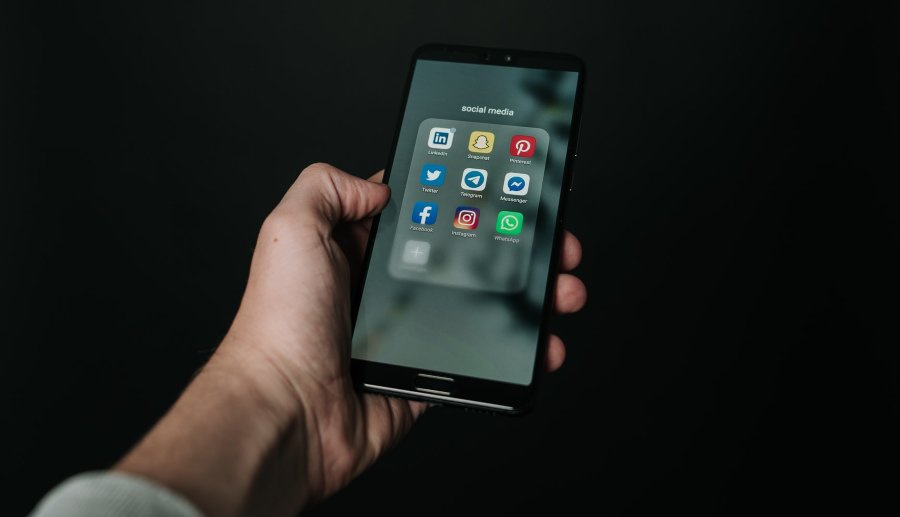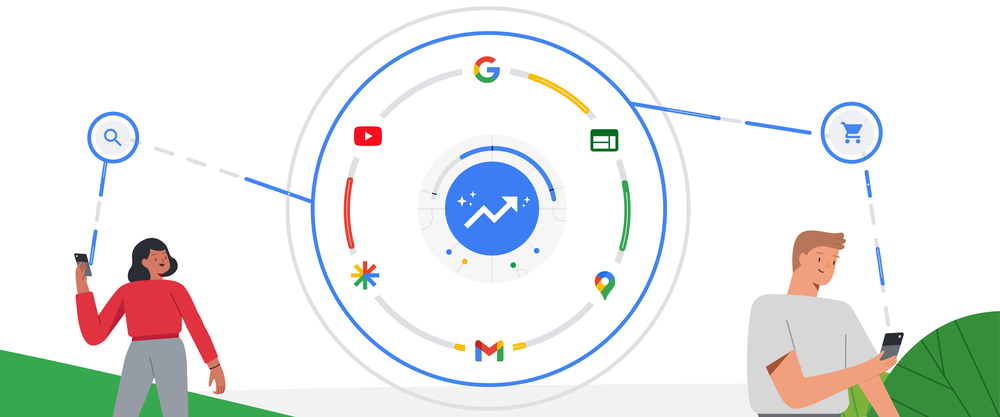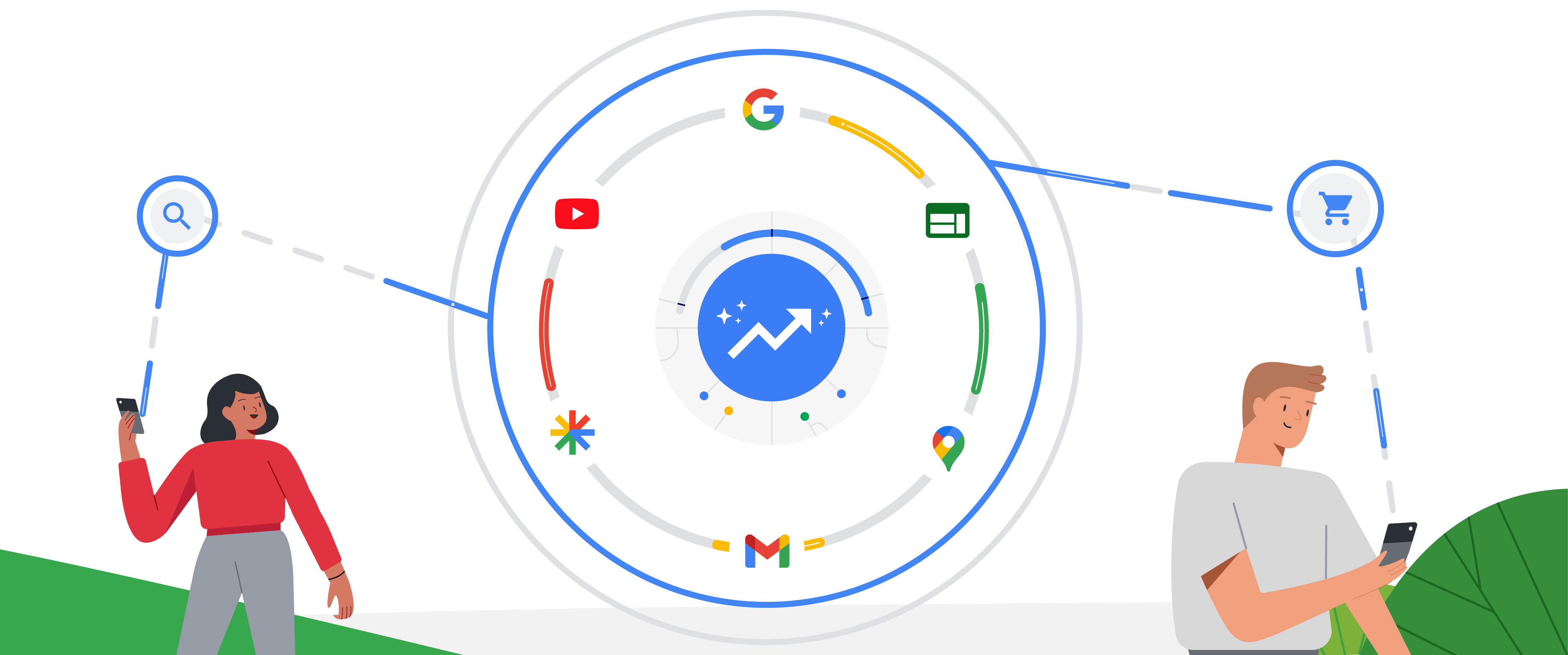The use of social media networks to cultivate positive relationships between a brand and its customers or prospects can make all the difference between business success or frustration.
Now more than ever, social channels like Twitter, Instagram, Facebook, LinkedIn and so many others are a direct path to conversation with consumers and social engagement. Social media networks give us a unique opportunity to build our brand, our reputation and respond directly to user concerns.
Many companies are afraid to talk directly to users on social media. True, direct communication through public messages in social media can leave a wide berth for trolls or give a very public soapbox to the sort of person who is never happy with anything. But the risks are fewer than the potential benefits.
When we listen to users and interact with them in a meaningful way, we are opening up a direct line of communication that can help us achieve several remarkable things:
- Foster a more human relationship. Often brands are perceived as cold, distant and arrogant by users. A corporate reply to a user does not have to be inhumane. Showing the ability to listen, respond, and even apologize when we’ve made a mistake are traits that today’s consumer values. Still, many brands struggle to accept this new paradigm.
- Enhance brand image through quick turnaround. 83% of global consumers expect an answer to their question or complaint on social media during the same day, and according to Facebook data, 40% of holiday shoppers report they are more likely to buy products from a business that can be messaged.
- Take the conversation some place quiet. Not all brand-consumer conversations have to happen on public channels for all to see. The good news is that a complicated complaint or request can be further explored with direct messaging on pretty much all social networks, thus avoiding stuffing up the main brand channel. If your user interaction volume is very large, it’s worth having separate customer service channels on social media. In sectors such as government and local administrations, telecommunications or banking, this is a must.
- Nurture consumer loyalty through direct customer contact in social media. According to a HubSpot study, 93% of respondents said they would buy again from a company with excellent customer service. Don’t underestimate what quality customer service in social media can do for your business’ bottom line!
- Consolidate the reputation of your brand. Don’t fall for the mistake of only responding to complaints. It’s a good idea to interact with those users who mention your brand, even if it is not in the context of a formal complaint. Many brands excel in this regard, working on consistency with their tone-of-voice, while they respond to users who mention the brand in passing.
- Be present and respond where your customer is. In the same way that it would be ridiculous to enter a brick-and-mortar store and be sent across the street to pay for your purchase, it’s unrealistic to think that those consumers who contact your company in Facebook are going to Twitter to further explain their problem because that is easier for you. Clearly, complicated or serious incidents will have to be dealt with by email or phone, but brands should respond to the first comments on the network of origin. This is not to say that you have to be present on all existing social networks, but rather that brands should be attentive to comments, complaints and questions on the social channels where they do maintain a presence and try to answer right there.
Considering the opportunities to improve brand image, enhance customer relations and solve problems, most brands will benefit from direct contact with users and working on customer service in social networks. If you’re concerned about the volume of additional work this can generate, consider whether your business would benefit from a social media monitoring tool—an automated active listening platform to detect comments that refer to your brand, even if they don’t use your handle or appear on your brand’s profile directly.
If you want help determining whether you need dedicated social media customer service channels or a specialized tool for listening and social media monitoring, don’t hesitate to contact us.
More posts about: Generate more leads







